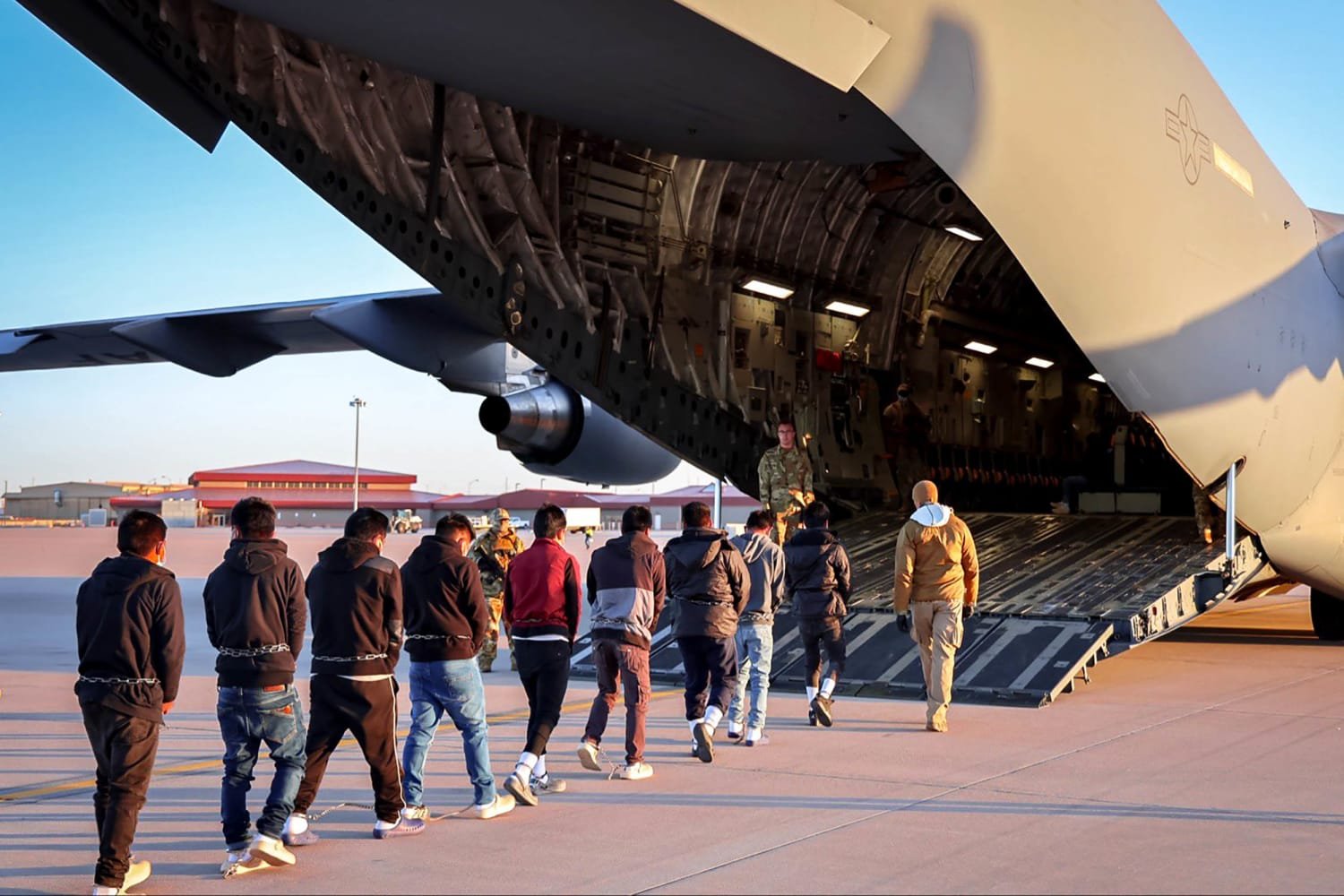Washington (TDI): The United States has dispatched a second “third‑country” deportation flight to Eswatini, sending back 10 non‑nationals from US custody, despite mounting criticism over the legality and human rights implications of this move.
Eswatini, a small landlocked nation bordered by South Africa and Mozambique, confirmed the arrival of the detainees on Monday.
This follows an earlier deportation in July when five individuals from various countries, none of whom were Eswatini nationals, were flown in under a similar arrangement.
While official statements from US and Eswatini officials refrained from disclosing the exact nationalities of the detainees, US-based immigration attorney, Tin Thanh Nguyen, said the October group includes three individuals from Vietnam, one from the Philippines, and one from Cambodia.
He added that he and other lawyers have not been able to communicate with their clients, alleging that Eswatini authorities have blocked attorney access.
A White House spokesperson said that those deported were convicted of “heinous crimes,” including murder and rape, and asserted they “do not belong in the United States.”
Eswatini’s Correctional Services maintains that detainees will be held in correctional facilities until they can be repatriated to their home countries, and says it is “committed to the humane treatment” of deportees.
Read More: Trump’s Order Leads to 7,300 Deportations in One Week
Yet human rights groups and legal advocates have expressed serious concerns. They have been warning that deporting people to third countries amounts to outsourcing legal risks and responsibilities.
Critics also cite reports that the first wave of deportees were held in solitary confinement and denied access to legal counsel.
Reports suggest that the US has struck similar arrangements with countries such as Rwanda, Ghana, and South Sudan – countries that lack supportive infrastructure for deportees.
In Eswatini, local activists have initiated a legal challenge against the agreement, arguing the deal violates both national and international law.
The exact terms of the US–Eswatini agreement are not fully known, as is the case with all other agreements the Trump administration have made with other countries in Africa.
Some reports suggest Eswatini may accept up to 160 deportees under the agreement in exchange for monetary compensation.
The Trump administration has increasingly turned to third‑country deportations as part of a broader push to remove millions of immigrants.
Established in December 2008, The Diplomatic Insight is Pakistan’s premier diplomacy and foreign affairs magazine, available in both digital and print formats.



